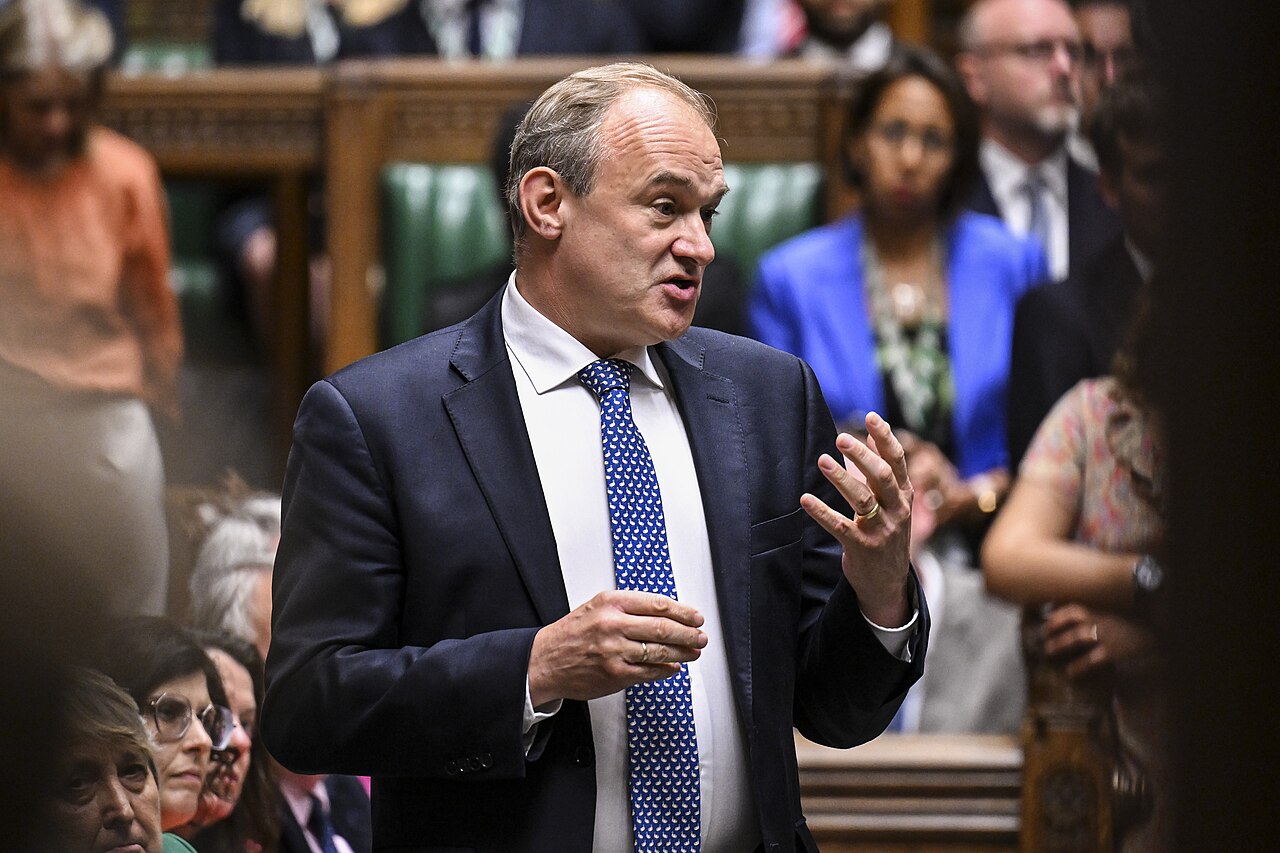High stakes: Could legal cannabis fund Britain’s future?
Imagine unlocking a whole new revenue stream – one that could reduce crime, boost jobs, and fund the NHS. As conversations about cannabis legalisation heat up, the financial case for it is quickly becoming one of the most compelling and controversial arguments for drug reform in the UK.
In countries like Canada and several US states, legal cannabis markets have generated billions in tax revenue, created tens of thousands of jobs, and reduced spending on drug enforcement. A 2025 report by the UK think tank Transform estimates that a regulated cannabis market could generate up to £1 billion in annual tax revenue and save around £300 million in reduced policing and court costs.
The UK currently spends over £1.4 billion per year enforcing drug laws – a significant portion of which goes towards policing low-level cannabis possession. Advocates of reform argue that money could be better spent on public services, such as healthcare and education, especially at a time when councils and the NHS are under extreme pressure. With cannabis already widely used in the UK, some argue the government is missing out on a valuable and inevitable opportunity.
In London, stop-and-search is often based on little more than the “smell of cannabis”, taken as subtext for racial profiling
Though the financial argument isn’t without its critics. If cannabis is taxed too heavily, illegal markets could continue to thrive by selling it at a lower price. This has been seen in parts of California. Also, while legalisation would bring in new income, it wouldn’t be enough to solve the UK’s funding problems single-handedly – something economists and public health experts agree on. After all, the total cost of crime in the UK amounts to £170 billion yearly – nearly 6.5% of GDP – so cannabis legalisation alone won’t close that gap.
Plus, if cannabis were legalised, the question remains: where would the £1 billion in potential revenue go? Some argue it should be used to support deprived communities and help former cannabis dealers find legal work – otherwise, they risk turning to other illegal trades, undermining efforts to cut crime. Legalisation might bring in money, but how it’s managed will matter even more.
Still, the tide is shifting. In May 2025, the London Drugs Commission, supported by Mayor Sir Sadiq Khan, published a landmark report calling for the decriminalisation of cannabis possession. Led by former Labour cabinet minister Lord Falconer, the Commission argues that current laws are “outdated” and “disproportionately enforced,” especially against BAME (Black, Asian, and minority ethnic) communities. In London, stop-and-search is often based on little more than the “smell of cannabis”, taken as subtext for racial profiling.
The report also recommends removing natural cannabis from the Misuse of Drugs Act (where it’s currently classified alongside harder drugs like ketamine) and regulating it under the Psychoactive Substances Act, meaning personal possession of small amounts would not be penalised. Though this doesn’t mean support for full legalisation, which the report argues may bring quick wins like tax revenue and fewer criminal charges, but could cause long-term health and social harms that are slower to appear and remain unclear. It concludes that the broader legalisation of cannabis should be reviewed in five years.
Other suggestions from the commission include better cannabis education in schools and fairer access to medical cannabis. Khan described the proposals as a “compelling, evidence-based case” for reform and said the current approach “cannot be justified.”
Reform UK has taken a hardline stance, backing life sentences for dealers and new penalties for possession in bulk
Yet, the national government is holding firm. Deputy Prime Minister Angela Rayner has stated clearly: “We are not going to be changing our policy.” While, in March 2025, Minister Dame Diana Johnson confirmed there are “no plans” to legalise or reclassify cannabis.
Despite that, some political parties are pushing ahead. The Liberal Democrats have advocated for a fully legal, regulated cannabis market since 2024. Their plan includes banning high-potency strains like skunk, setting strict limits on THC content, and only allowing sales to over-18s through licensed retailers. Party leader Sir Ed Davey argues the policy is about public health, not personal freedom. Cannabis reform, he says, would free up police time, reduce prison overcrowding, and support people into treatment instead of dragging them through the courts.
The Green Party also supports legal reform, calling for a National Commission to explore a long-term move toward a regulated market. The Scottish National Party wants to decriminalise drug possession for personal use, while Reform UK has taken a hardline stance, backing life sentences for dealers and new penalties for possession in bulk.
So, what does this all mean for us students? With cannabis use common among young people, the outcome of this debate will shape everything from job prospects and university discipline to stop-and-search encounters and criminal records. Whether you support full legalisation, decriminalisation, or prefer the current law, one thing is clear: the cannabis question is no longer just about drugs – it’s about finances, fairness, and the future.

Comments